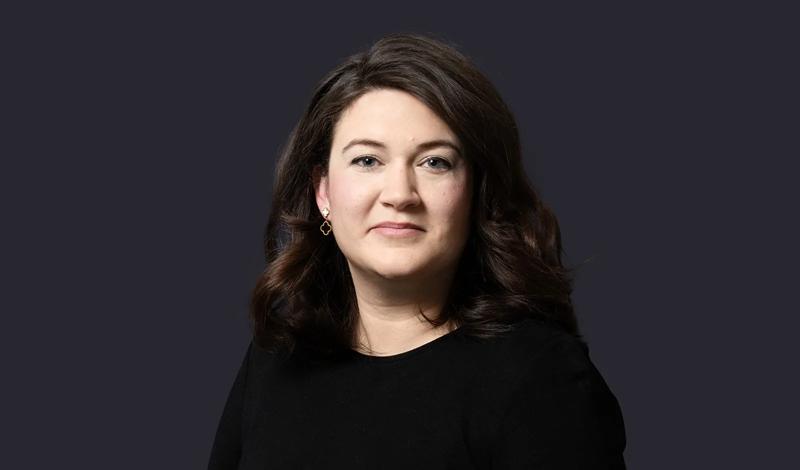Almost half (45%) of school leaders have reported an increase in suspensions and exclusions over the past 12 months, according to a new Browne Jacobson survey.
In contrast, only 22% have noted a decrease, with the remainder saying there had been no change or they were unsure.
Findings in the UK and Ireland law firm’s summer 2025 School Leaders Survey – which also highlights the issue of deteriorating pupil behaviour – are revealed as schools await publication of the government’s delayed annual national behaviour survey.
These correlate with the latest Department for Education data, which shows suspensions rose by 12% annually to 295,559 and permanent exclusions were up by 2% to 3,107 in the 2023/24 spring term.
Nearly 200 trust and multi-academy trust leaders – including CEOs, executive headteachers, trustees and governors – representing more than 1,700 schools and responsible for almost a million pupils in England, completed the survey during May 2025.
Philip Wood, Principal Associate in the education team at Browne Jacobson, said: “Exclusions and suspensions are near an all-time high, but this is a reflection of underlying issues.
“Principal among them, as highlighted in the survey, is SEND and the balance for schools fundamentally between inclusion and the disadvantages posed to other students by a minority of poor behaviour.
“That behaviour has gotten worse since the pandemic is clearly highlighted by the survey.”
The survey also illustrates that:
- Four in five (79%) leaders say pupil behaviour has deteriorated since the Covid-19 pandemic, with a third (33%) reporting it has got significantly worse – compared to only 4% believing it has improved.
- Balancing behaviour management with inclusion is regarded as the biggest challenge in managing suspensions and exclusions by 38% of respondents, followed by the lack of alternative options (33%) and a lack of support for special educational needs and disabilities (SEND) (16%).
- Only one in five (19%) leaders believe alternative provision for excluded students effectively supports their educational outcomes, with 55% saying it is sometimes effective and 27% feeling it was rarely or never the case.
- Three-quarters (74%) of leaders said alternative provision to permanent exclusion was used but this fell to 58% for managed moves, the other main external alternative. Seven in 10 (71%) also used restorative justice in some form.
Philip added: “A theme of the responses was the difficulties in getting timely support, including the use of cost-effective quality alternative provision, to avoid the need to permanently exclude pupils.
“We hear frequently how there can be a perception – or, in some areas, explicit advice – that permanently excluding a pupil will open access to further support or a timelier consideration of other options.
“This reactive approach doesn't feel like a sustainable one. Developing a more proactive system characterised by early intervention would be in the best interests of pupils at risk of suspension or exclusion."
The full School Leaders Survey report for summer 2025 can be found at www.brownejacobson.com/school-leaders-survey.
Contact

Kara Shadbolt
Senior PR & Communication Manager
kara.shadbolt@brownejacobson.com
+44 (0)330 045 1111










